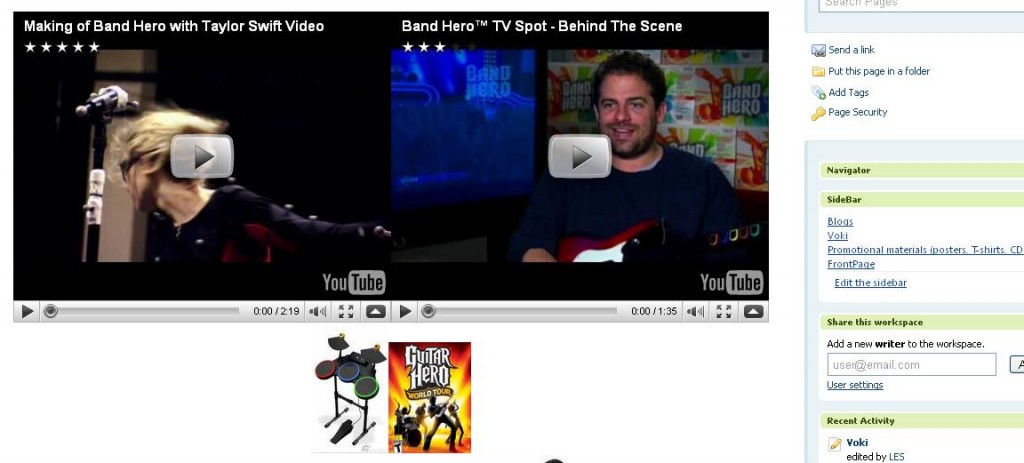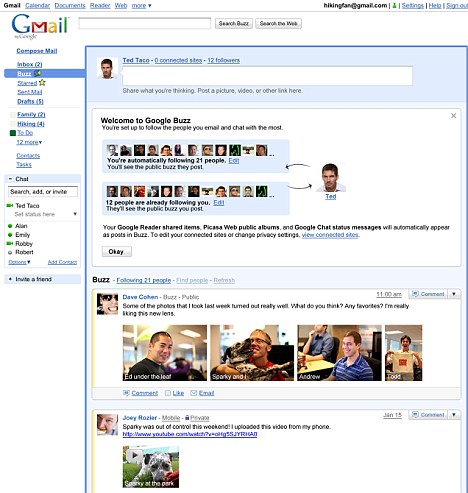The article “School Libraries Seek Relevance Through Virtual Access“, in which US school libraries are the subject, appeared on the Education Week website a few days ago and is certainly worth a read.
Some readers may know of the funding issues that have hit US school libraries in the last few weeks. This article, which quotes Buffy Hamilton and Joyce Valenza, outlines how some proactive school librarians have been changing the use and vision of school libraries and as such, how libraries are viewed by students, teachers and parents.
The advent of Web 2.0 tools and the way that some school librarians have embraced them are discussed, particularly with the view that these school librarians have kept their library relevant to their students:
In addition to teaching students and teachers how to navigate information, libraries have now become a place where students go to create and produce, said Carolyn Foote, the district librarian who works at the 2,500-student Westlake High School in Austin, Texas.
“Students are producing all sorts of products—YouTube videos, PowerPoint presentations, online slideshows, podcasts—and so as librarians, we need to have the skills to work with all those different formats and help students learn how to produce in those formats,” she said.
Consequently, it’s increasingly important for librarians to be familiar with new technologies and Web 2.0 tools, she said.
“There’s a lot of debate in the library field about whether you can even be a 21st-century librarian if you aren’t willing to embrace some of those Web 2.0 tools and be very proficient in them,” Ms. Foote said. “There’s a real need for us to be participating all the way through the [creation] process, and we need the skills to be able to do that.”
The library as both a place and a service, or a state of mind is discussed; the importance of a flexible, attractive physical space as well as the Web 2.0 tools which can connect students to the world through the library are vital. A great article advocating the excellent work many school librarians do.



